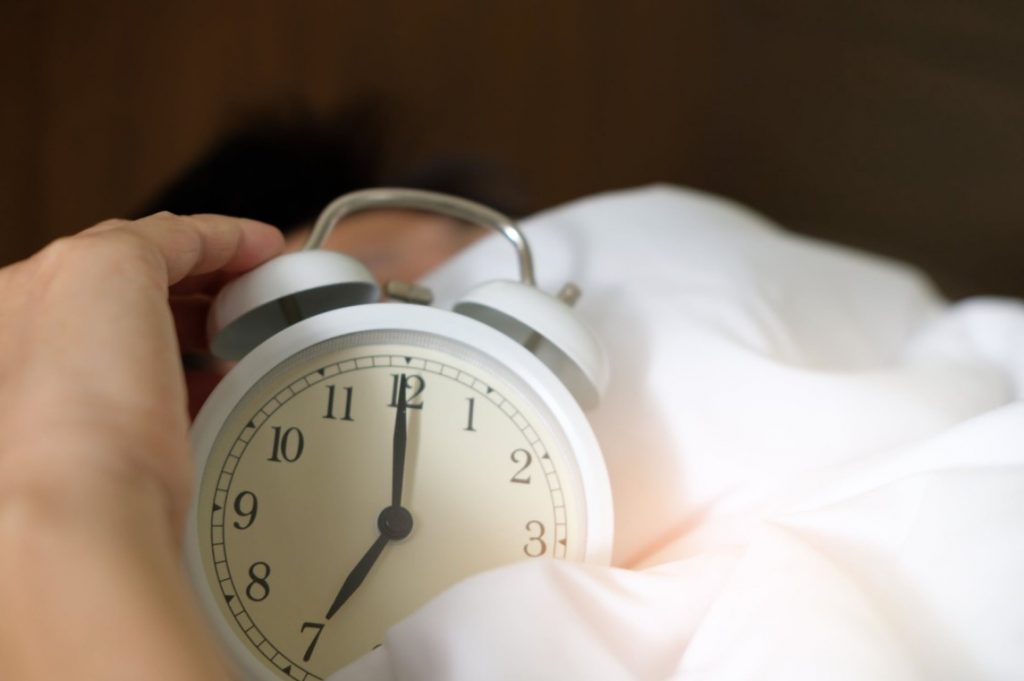Most don’t think twice about daylight savings. It’s that one sighed-upon night where most Australian’s lose one precious hour of sleep, yet grateful that summer is near. But while we do get to say hello to longer, brighter days, the onset of daylight savings isn’t always a cup full of sunshine. In fact, there are several ramifications that come with the time change, some of which may have a detrimental effect on our health.
Daylight Savings can Cause Sleep Deprivation
You may be thinking “well, duh. Of course we’re going to be sleep deprived when we lose an hour of sleep”. While this is true, sleep deprivation doesn’t just occur within that one week of our clocks going forward an hour but rather happens throughout the entire daylight savings period. An adult’s average sleep duration is reduced by 15 to 20 minutes each night which could add up to 71 hours of lost sleep over a six-month period.
Sleep deprivation also increases the risks of accidents. The TAC reports that 20% of fatal road accidents occur as a result of driver fatigue, which could potentially indicate why there are more car accidents following the change to daylight savings time rather than standard time.
The Time Change could Pose a Greater Risk of Having a Heart Attack
The chances of an individual experiencing a cardiovascular condition following daylight savings are just as high as the likelihood of someone having a heart attack on a Monday. A Sweden research study revealed that the chances of having a heart attack within three days of daylight savings being put into effect increased by 6.7% compared to other time periods. Some researchers believe that it may be the changes made to the sleep-wake cycle that could contribute to this rise, but the exact cause remains unknown.
An Out-Of-Whack Body-Clock can cause Mood Swings
Depression and anxiety are more likely to occur during the daylight savings period. While not likely for all, these feelings usually occur when one is dissatisfied with life. Others may experience these emotions as a result of having a Seasonal Affective Disorder which falls under the Major Depressive Disorder branch. This disorder – as it says in its name – occurs on a seasonal basis, usually at the time daylight savings comes into effect. Psychology Today suggests learning about your circadian rhythm to see what measures you could take that might help with overcoming these emotions. Some measures include staying away from technology before bedtime, taking advantage of the sunshine by going outside and sticking to a sleep schedule.
As daylight savings isn’t going anywhere, there’s not much that we can do to stop the implications that come with the time-change. However, we can learn to look after ourselves by understanding the changes that happen to our body as a result of the clock skipping an hour. Head to Sleep Health Foundation’s website for more information on how to prepare your body to cope with the changes in the daylight savings period.
